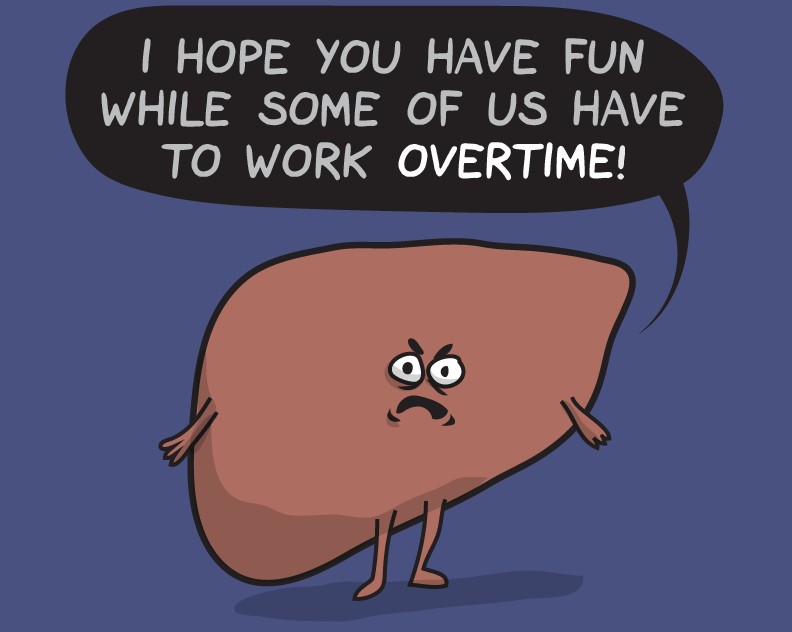Your shopping cart is empty!
The liver is the primary chemical factory of the body. It produces most of the necessary substances for body growth, thus playing an essential role in maintaining muscle mass and level of hormones. It is also actively involved in the detoxification processes. Everything that people consume, or take from outside, including medications, steroids, are processed in the liver.
Any substance that affects the metabolism will have some effect on the liver function, though not necessarily a negative one. It is a well-known fact that steroids cause changes in liver function in various ways.
It is true that some steroids may directly affect the working of liver cells, causing a damaging effect. Another way in which liver damage may occur is due to cholestasis. Liver damage may also result due to an adverse effect of steroids on vascular health. Anabolic steroids may indirectly damage the liver by increasing its workload.
Fortunately, risk of liver damage is not very high, it is only slightly elevated and that only when steroids are misused at very high doses continually. The liver is very good at regeneration. It means that even if damage has occurred, it can readily repair itself. Usually, an interval of three months is enough for the liver to revive itself completely. That is why it is so vital to use steroids in cycles, and sometimes even take a more extended break.
Another thing that should be kept in mind is the individual sensitivities. Some people are more prone to liver damage than others. There is no way to know how sensitive your liver to steroids is. Thus, those using steroids at higher doses should do liver tests on a regular basis.
Those sensitive to steroids should prefer injectables over the oral steroids. Injectables are much safer. Further, preference should be given to testosterone over designer drugs. Testosterone does not go through immediate metabolism in the liver. Whereas synthetic steroids need to go through metabolism to become activated, this results in higher toxicity, especially at higher doses.
Duration of steroid use has lots to do with liver damage. Longer, the person has been using steroids; higher is the risk of liver damage. Stacking is another thing that considerably increases the risk of liver damage.

Thus, the recommendation is simple. Discontinue steroid use from time to time. In most cases, the liver can make a complete recovery or regeneration without any long-term consequences.
Those using a combination of designer steroids should regularly get tested for liver function as high levels of liver enzymes may say about ongoing liver damage. Ultrasound examination may help exclude fatty liver or even formation of tumor in most of the cases.
Post cycle therapy is for the revival of natural testosterone production, but it does not help the liver much. Therefore, during the “off” phase, use supplements known to promote liver regeneration.
Check another article about the liver: